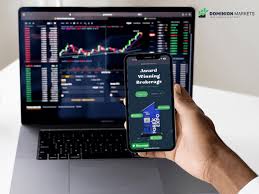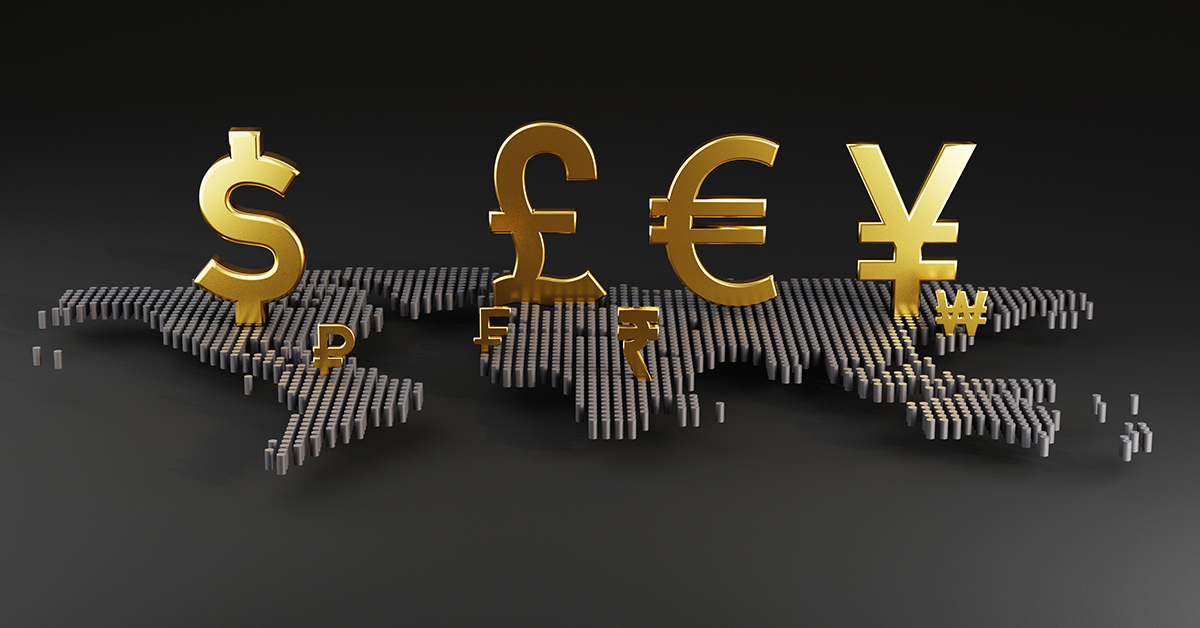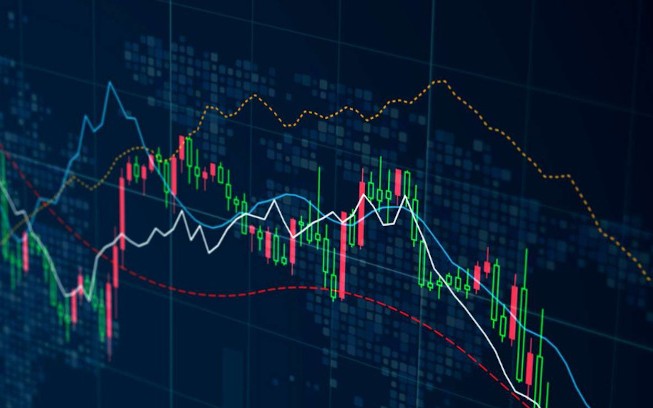Choosing the Right Forex Trading Broker A Guide

When it comes to trading in the foreign exchange (Forex) market, choosing the right broker is crucial for success. A reliable forex trading broker can significantly impact your trading experience, offering you access to the best trading platforms, tools, and resources. With numerous brokers available, it can be challenging to identify which one suits your trading needs. In this article, we will explore essential factors to consider when selecting a forex trading broker, including regulation, trading platforms, fees, and customer support. Learn how forex trading broker ex-zar.com can help you in your trading journey.
Understanding Forex Trading Brokers
A forex trading broker acts as an intermediary between you and the global forex market. They provide the platform through which you can buy and sell currency pairs. Forex trading brokers make money primarily through spreads or commissions on trades. Therefore, it’s essential to evaluate the broker’s pricing structure along with their services.
Regulation and Trustworthiness
The first step in selecting a forex broker is to ensure they are regulated by a reputable authority. Regulation offers a level of protection for traders, which is essential for a secure trading environment. Top-tier regulatory bodies include the Financial Conduct Authority (FCA) in the UK, the Commodity Futures Trading Commission (CFTC) in the USA, and the Australian Securities and Investments Commission (ASIC) in Australia. A regulated broker is more likely to adhere to ethical trading practices, providing you with peace of mind.
Trading Platforms
The trading platform is the software that enables you to execute trades. Different brokers may offer various platforms, such as MetaTrader 4 (MT4), MetaTrader 5 (MT5), or proprietary platforms. When choosing a broker, consider the following:
- User Experience: The platform should be intuitive and easy to navigate.
- Tools and Features: Look for tools such as charting features, technical indicators, news feeds, and automated trading options.
- Mobile Accessibility: If you prefer trading on the go, check if the platform offers a mobile app or a mobile-friendly interface.

Trading Fees and Spreads
Understanding the pricing structure is vital to your trading profitability. Brokers typically charge fees through spreads, which is the difference between the buying and selling price of a currency pair. Here are a few factors to consider:
- Spread Types: Some brokers offer fixed spreads, while others offer variable spreads that fluctuate based on market conditions.
- Commission Costs: Some brokers charge commissions for trades, especially on accounts with lower spreads.
- Other Fees: Be aware of any additional costs, such as withdrawal and deposit fees, inactivity fees, or overnight swap fees.
Customer Support
Reliable customer support can make a significant difference in your trading experience. Look for brokers that offer multiple channels of communication, including live chat, email, and phone support. Test their responsiveness by asking questions or clarifying issues before opening an account. A broker with prompt and effective customer support can alleviate any concerns you might have during your trading journey.
Variety of Trading Instruments
While forex trading is the primary focus for many brokers, some may also offer access to other financial instruments like stocks, commodities, indices, and cryptocurrencies. If you plan to diversify your trading portfolio, it’s beneficial to choose a broker that allows you to trade various assets under one roof. This flexibility can also help you hedge positions or explore different markets.
Types of Accounts

Different brokers offer various account types, such as demo accounts, standard accounts, and Islamic accounts. A demo account allows you to practice trading with virtual money, which is an excellent way to familiarize yourself with the platform and develop your trading skills without risking real capital. Additionally, consider whether the broker offers micro or mini accounts that allow you to deposit smaller amounts of money.
Research and Educational Resources
A good forex broker provides educational resources and research tools to help you make informed trading decisions. Look for brokers that offer webinars, tutorials, trading guides, market analysis, and economic calendars. These resources can be particularly valuable for novice traders as they navigate the complexities of the forex market.
Withdrawal and Deposit Options
The ease of funding your account and withdrawing your profits can significantly impact your overall trading experience. Review the payment options offered by the broker, such as credit/debit cards, bank transfers, or e-wallets like PayPal, Skrill, or Neteller. Ensure that the broker also offers quick and efficient withdrawal processes, along with clear policies on withdrawal limits and fees.
Using Technology for Trading
In today’s digital age, technology plays a significant role in forex trading. Many brokers provide advanced trading tools like algorithmic trading, social trading, and copy trading. These features can help you automate some aspects of your trading or learn from experienced traders by mimicking their strategies. Ensure that the broker you choose supports the latest technological advancements.
Conclusion
Choosing the right forex trading broker is essential for your trading success. By considering the factors outlined above, you can make a well-informed decision tailored to your trading needs. Remember to conduct thorough research, read reviews, and possibly test out demo accounts before committing to a broker. The forex market offers exciting opportunities, and with the right broker, you’ll be well on your way to achieving your trading goals.